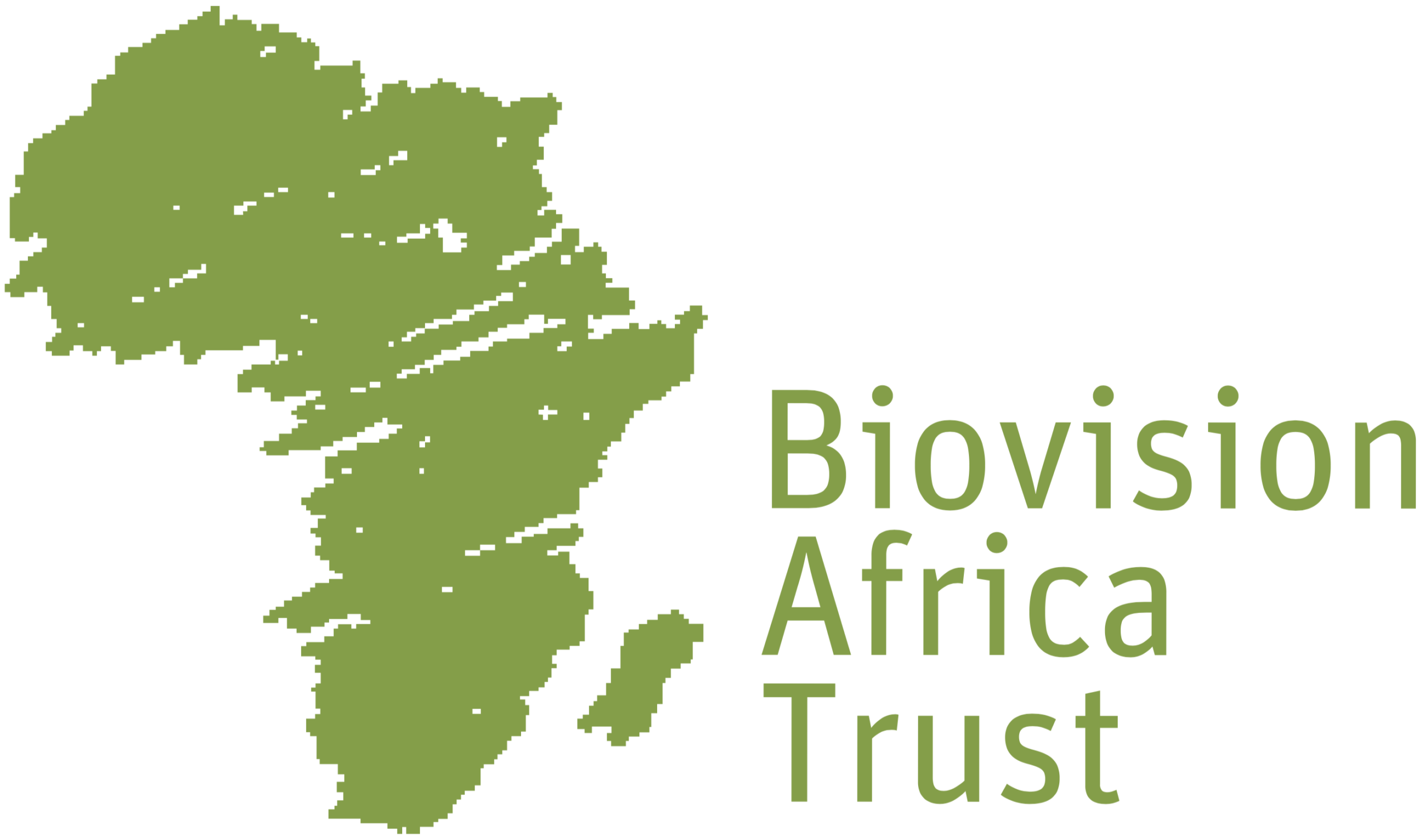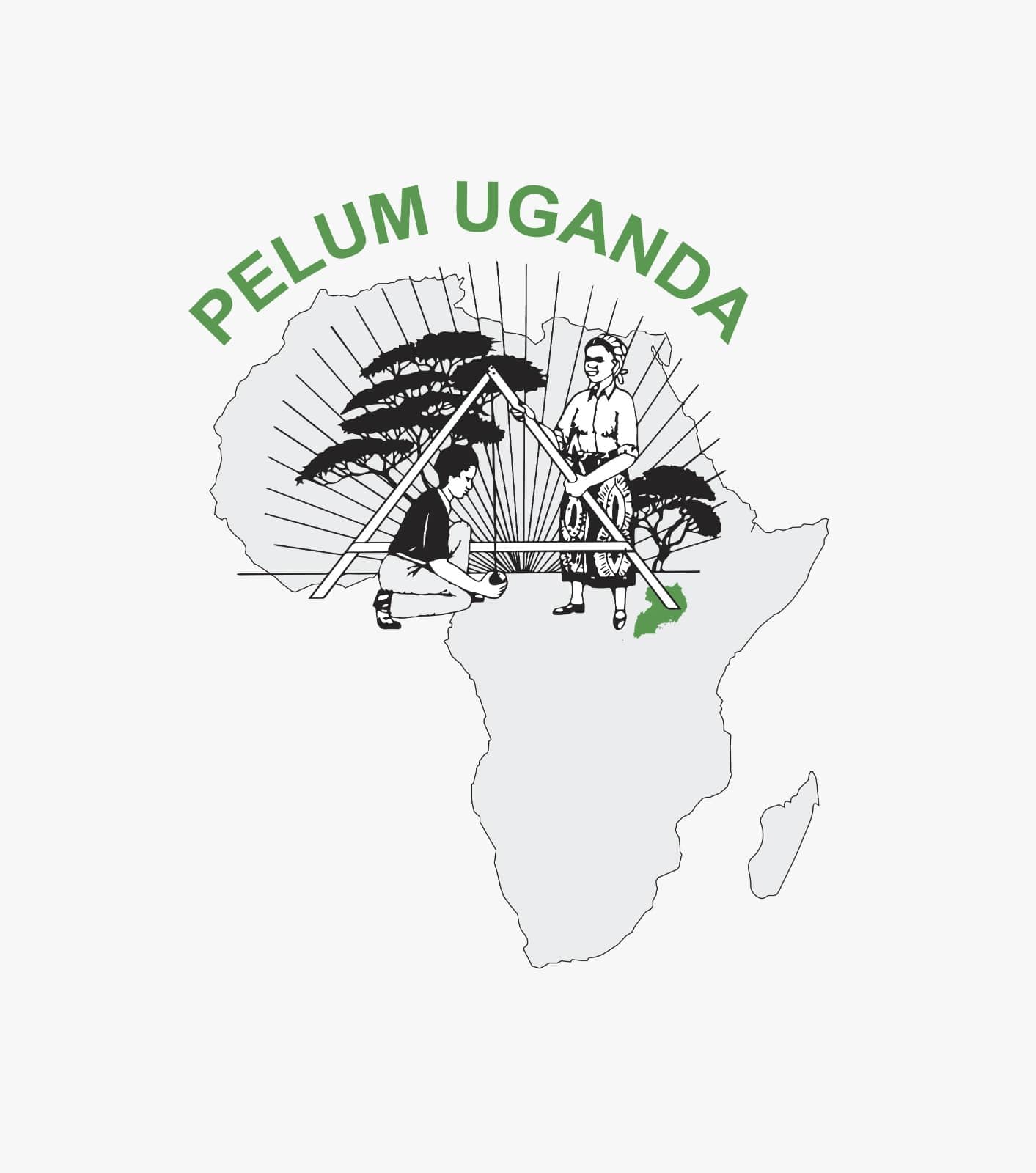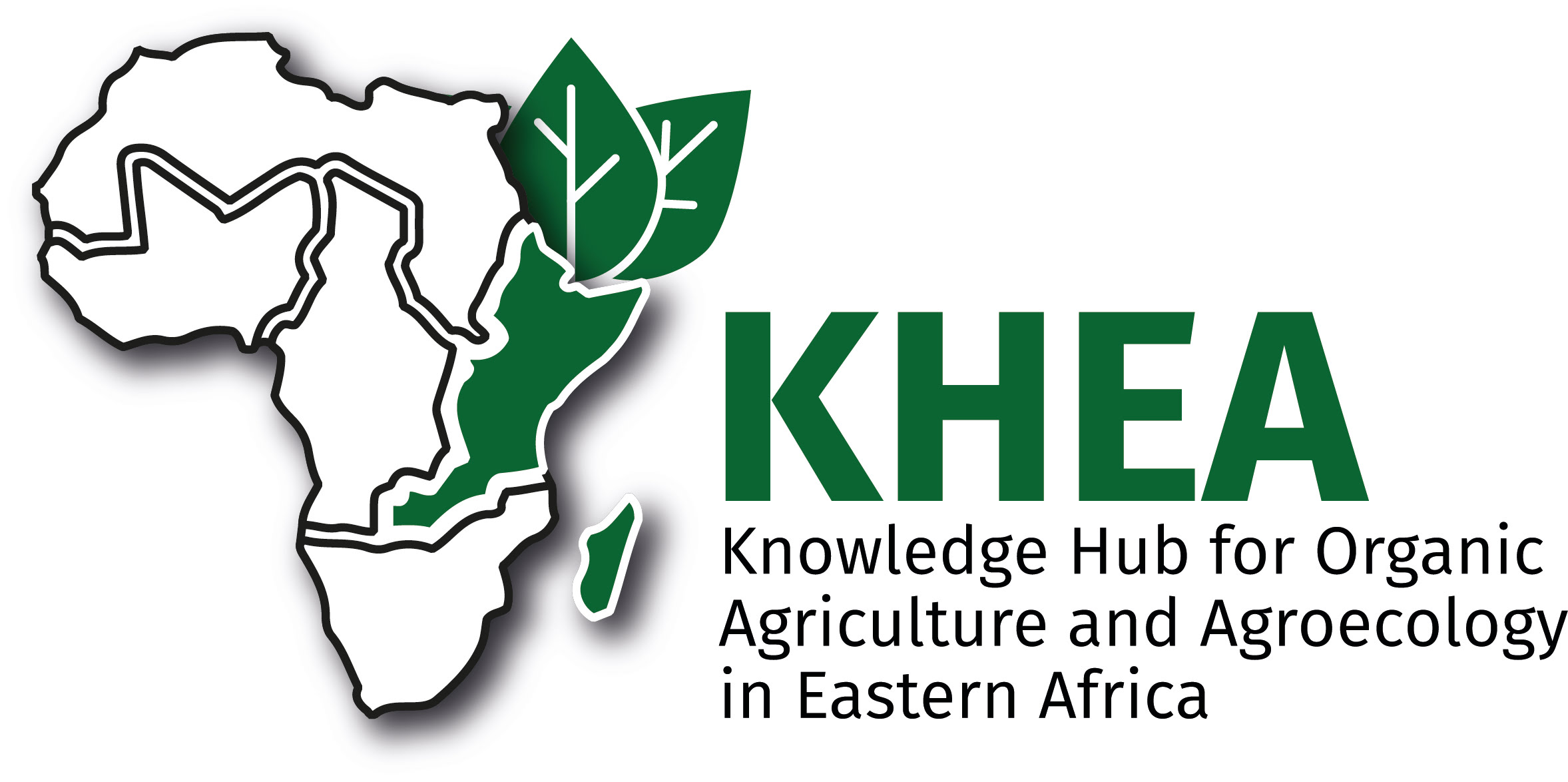Tanzania Marks a Milestone in Seed Sovereignty with Recognition of Farmer Varieties

- admin
- No Comments

Tanzania has taken a significant step forward in advancing seed sovereignty with the official registration of 12 indigenous farmer varieties by the Tanzania Official Seed Certification Institute (TOSCI). This achievement not only validates years of advocacy by farmers and civil society actors but also sets a promising precedent for the inclusion of Farmer-managed Seed Systems (FMSS) in national policy frameworks.
The Role of Seeds in Food and Livelihood Security
Seed is the foundation of agriculture and a critical input for smallholder farmers across Africa. In Tanzania, farmers depend on seeds not only for food production but also for income generation and the preservation of traditional knowledge. Yet, for many years, the formal seed system—guided by policies such as the Seed Act of 2013—has largely focused on improved and commercial seed varieties. While these frameworks protect breeders’ rights, they have often overlooked the rights of farmers to conserve, exchange, and utilize their own seeds.
This imbalance has contributed to a narrowing of seed diversity and undermined the resilience of farming systems, especially in the face of climate change, declining soil fertility, and rising food insecurity.
Advocacy Through the KCOA-KHEA Project
Recognizing this gap, the Tanzania Organic Agriculture Movement (TOAM), under the Knowledge Centre for Organic Agriculture and Agroecology in Africa (KCOA) Project under the Knowledge Hub for Organic Agriculture and Agroecology in Eastern Africa (KHEA) Hub, has been working alongside multiple stakeholders to shift the narrative. Central to their efforts has been the promotion and protection of Farmer-managed Seed Systems (FMSS), which preserve indigenous seeds and farming knowledge passed down through generations.
In collaboration with other actors, TOAM a Country Implementing Partner in Tanzania has established a Seed Working Group dedicated to building evidence, mobilizing stakeholders, and advocating for policy change. Their aim is to ensure that indigenous and farmer-managed seeds are not only protected but also integrated into national seed regulations and programs.
Knowledge and Evidence-Based Advocacy
One of the most effective tools in this advocacy has been the generation and dissemination of knowledge products (KPs). These include field research, data briefs, and policy recommendations showcasing the nutritional and agronomic value of indigenous seed varieties. For instance, studies have shown that local varieties such as Mehhe maize contain higher levels of zinc and other micronutrients compared to commercial hybrids.
This evidence has been vital in drawing attention to the disconnect between increased cereal production and ongoing malnutrition in regions like Iringa, Njombe, and Mbeya. Despite higher yields, these areas continue to experience high rates of stunting and nutrient deficiencies, underlining the need for diversified, nutrient-rich crops—many of which are found in indigenous seed pools.
Access some resources/knowledge products below;
Engaging Policymakers and the Public

Beyond evidence, advocacy efforts have extended to engaging key institutions, including the Ministry of Agriculture, Parliamentary committees on agriculture, and the general public. TOAM and its partners have participated in national and community seed and food fairs, showcasing local seeds and traditional food preparations. These platforms have been instrumental in raising awareness of the value of indigenous crops and the need to protect them.

One notable breakthrough in this engagement process came when the Government Gazette published an official notification of 12 farmer varieties registered by TOSCI. These include:
- 4 maize varieties
- 4 paddy (rice) varieties
- 1 bean variety
- 3 papaya varieties
This move not only affirms the legitimacy of farmer varieties but also opens the door for more inclusive policies that support biodiversity and local food systems.
What This Means for Seed Sovereignty
The registration of these varieties marks a historic moment for seed sovereignty in Tanzania. It is a testament to the power of grassroots mobilization and collaborative advocacy. It also affirms that indigenous seed systems often side-lined are not only viable but essential for sustainable agriculture, climate resilience, and community well-being.
However, this is only the beginning. The current regulatory environment still largely centres on commercial seed systems, and there is no distinct legal framework specifically recognizing and protecting FMSS. Without this, the long-term survival of indigenous seeds remains at risk.
The Way Forward: A Separate Framework for Farmer Seeds
Moving forward, TOAM and the Seed Working Group are calling for the development of a separate legal framework dedicated to farmers’ seeds. Such a framework should recognize the right of farmers to save, use, exchange, and sell their seeds without unnecessary legal or bureaucratic restrictions. It should also provide clear pathways for farmer varieties to be recognized, supported, and promoted within national food systems.
This would align Tanzania with regional and international commitments to agroecology, biodiversity conservation, and farmers’ rights include; CAADP Strategy 2026-2032. It would also empower communities to take greater control over their agricultural systems and reduce dependency on external seed markets.
Conclusion
The official registration of 12 farmer varieties by TOSCI is a landmark achievement in Tanzania’s journey toward seed sovereignty. It validates the rich seed heritage of Tanzanian farmers and the importance of their role in shaping resilient, nutrition-sensitive agriculture.
Through continued advocacy, evidence generation, and engagement, TOAM and its partners remain committed to ensuring that farmer-managed seed systems are not only recognized but fully protected and supported under national law. Only then can seed truly become a tool of empowerment nurturing not just crops, but communities, cultures, and futures.
Prepared by Paul Chilewa (M&E Officer – TOAM) and Pamella Magino (KHEA Communications Officer-PELUM Uganda and Biovision Africa Trust)
Success stories from KCOA Multiplier network
RSS Feeds from KCOA Multiplier network
- Can Organic Farming Really Make You Wealthy? A Practical Guide for Farmers in Africaon March 3, 2026 at 2:00 pm
- PGS vs. Traditional Certification: Which Is Right for African Farmers?on February 27, 2026 at 8:37 am
- Agroecology in Africa: From Soil to Market, Farmers Lead the Wayon February 24, 2026 at 12:57 pm
- Leading Organic Farming in North Africa: From Advocacy to Actionon February 24, 2026 at 11:28 am
- 6 Principles That Make PGS Work for Smallholder Farmerson February 18, 2026 at 8:24 am
- Are Women the Missing Link in Organic Agriculture and Agroecology?on February 17, 2026 at 1:50 pm
- Turning Water Hyacinth a Problem Plant From Nuisance to Nutrient: The Organic Fertilizer Revolutionon February 17, 2026 at 12:02 pm
- What Is Participatory Guarantee Systems (PGS) and Why It Matters for Smallholder Farmerson February 13, 2026 at 6:16 pm
- How Organic Farms Manage Crop Diseases and Why It Matters for Africa’s Food Futureon February 5, 2026 at 2:13 pm
- From Grandma’s Garden to the Field: How Southern African Farmers Are Using Botanical Sprays to Fight Pestson February 4, 2026 at 8:49 am









